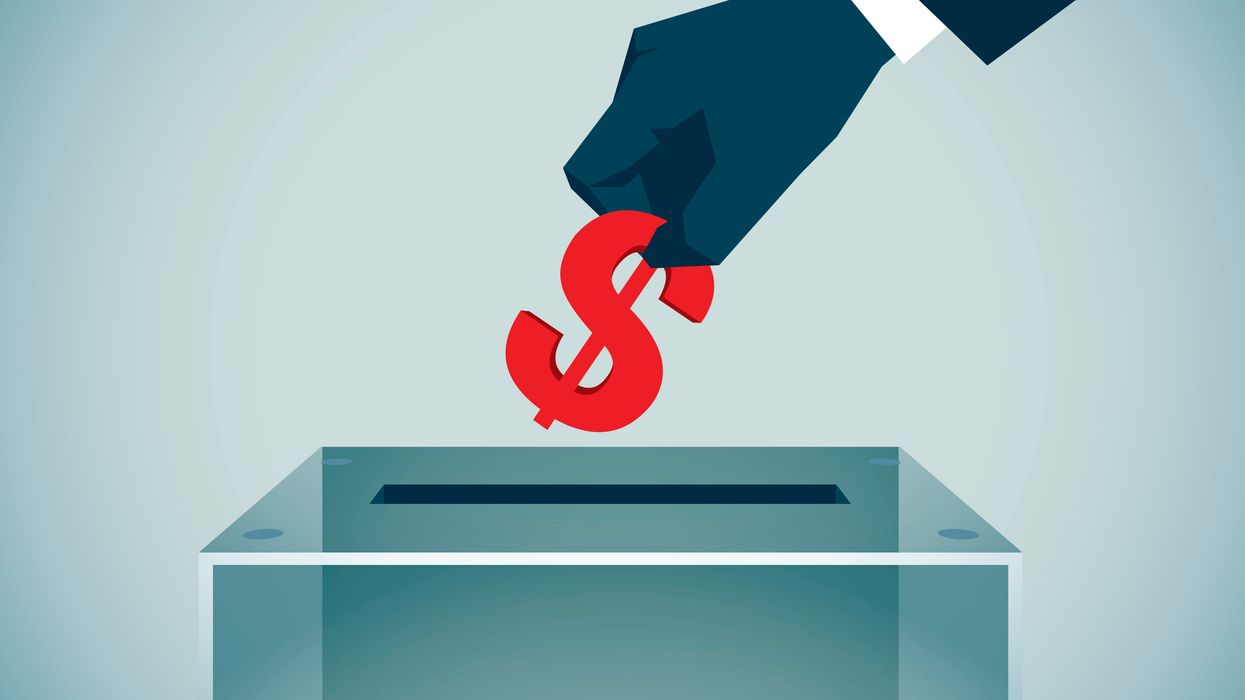Ballot measure campaigns spent more money to qualify for the ballot this year than at any other time in the past decade.
The coronavirus is the reason. Gathering signatures for these measures was extraordinarily challenging, and only a few places changed their rules (or were forced to by the courts) to extend deadlines or to allow for online collection.
As a result, only 43 measures have qualified for the ballot in November, the smallest roster since 2014.
Campaigns across 16 states spent an average of $2.1 million per initiative — a 62 percent increase from the last presidential election year, according to an analysis by Ballotpedia. Twenty-six states have processes for citizen-led initiatives, which play an important role in "small d" democracy and can have huge impacts on state policies.
Overall, almost $86 million was spent gathering 11 million signatures for these ballot measures. (This total excludes two initiatives due to a lack of data.) Each signature cost an average of $8.29, a couple of dollars more than two years ago. The average signature cost was highest in Montana ($24) and the lowest in Washington state — where a completely volunteer-based campaign, for a referendum to improve sex education in public schools, cost nothing to get on the ballot.
Of the five most expensive petition drives this year, three were in Florida and two were in California. The most money ($8.8 million) was spent on a measure that would require Florida's constitutional amendments to get voter approval two years in a row in order to become effective. California's most expensive measure ($6.5 million) relates to changing the employment classification for app-based drivers.
Seven of the 43 initiatives this year relate to issues of elections, voting or direct democracy. Three of those are in Florida, two are in Colorado and the remaining two are in Alaska and Massachusetts.




















Trump & Hegseth gave Mark Kelly a huge 2028 gift